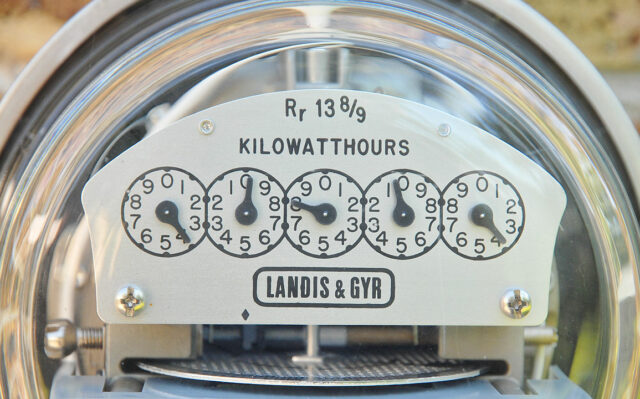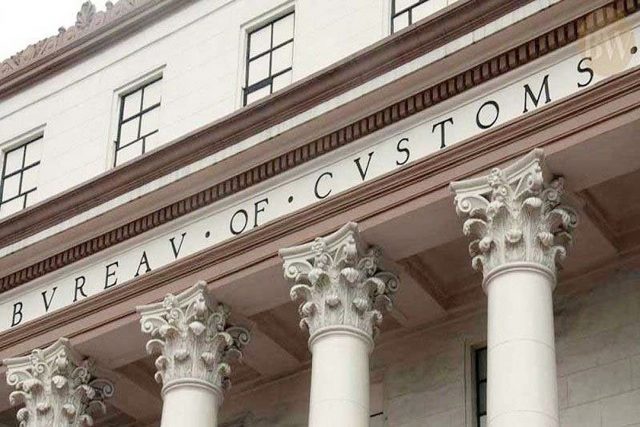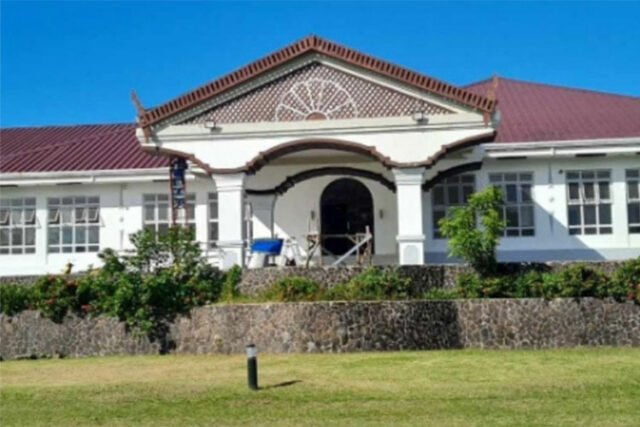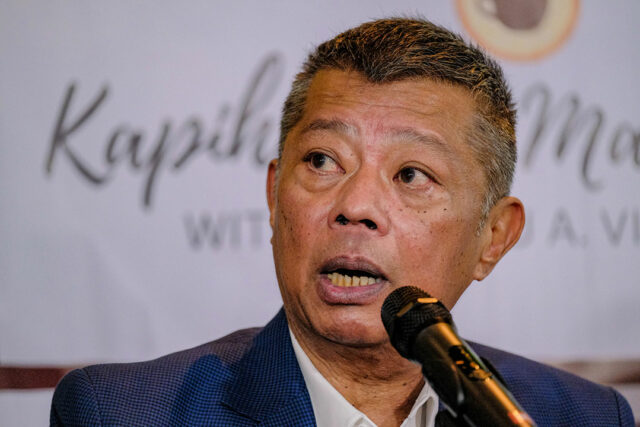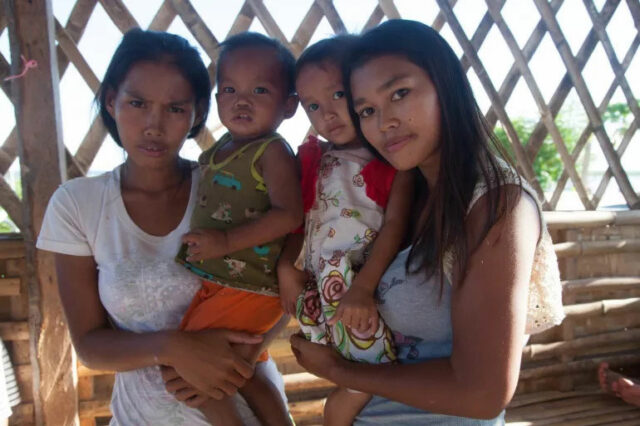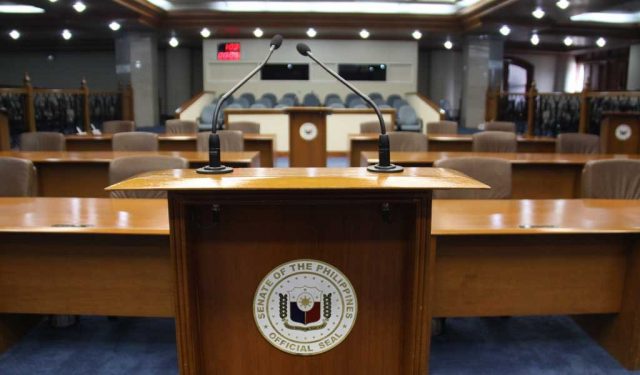By Chloe Mari A. Hufana, Reporter
PRESIDENT Ferdinand R. Marcos, Jr. has appointed Justice Secretary Jesus Crispin C. Remulla as ombudsman, filling a key post that has been vacant since the retirement of Samuel R. Martires in July.
“The administration remains firm in its commitment to fight corruption wherever it exists,” the Presidential Communications Office (PCO) said in a statement on Tuesday. “There will be no sacred cows, no exemptions and no excuses.”
Mr. Marcos said Mr. Remulla’s appointment reaffirms his administration’s dedication to transparency, fairness and the rule of law in public service.
The appointment comes as the government intensifies efforts to root out corruption, particularly in infrastructure projects. In August, Mr. Marcos created the Independent Commission for Infrastructure to investigate questionable public works deals.
The commission is tasked with filing cases before the Office of the Ombudsman, which handles administrative, civil and criminal complaints against government officials.
Mr. Remulla’s appointment followed his recent clearance from kidnapping and arbitrary detention complaints filed by Senator Imee R. Marcos in connection with the controversial arrest of ex-President Rodrigo R. Duterte.
The Justice chief was later included in the Judicial and Bar Council short list for the ombudsman post, submitted to Malacañang on Oct. 7.
At a press briefing, acting PCO Secretary Dave M. Gomez defended the President’s choice, saying the nominee “underwent a very rigorous selection process provided for by our Constitution and laws.”
A former Cavite representative, Mr. Remulla also served as Cavite governor before joining the Marcos Cabinet in 2022. As Justice secretary, he was known for supporting the government’s drug rehabilitation framework and the cleanup of the Bureau of Corrections after several high-profile scandals.
The Office of the Ombudsman is constitutionally mandated to promptly act on complaints against government personnel, including officials of state-owned corporations. Under the law, it must prioritize cases involving senior officials, grave offenses and those concerning large sums of public funds or property.
Political observers said Mr. Remulla’s appointment could reshape the administration’s anti-corruption agenda.
Justice Undersecretary Fredderick A. Vida will serve as officer-in-charge of the Justice department, Mr. Remulla told reporters after his appointment.
Ms. Marcos told reporters his appointment could be used to imprison Vice-President Sara Duterte Carpio.
“It seems like everything is ironed out,” she told reporters in mixed English and Filipino. “I have already expected this with how the ombudsman has dismissed [Mr. Remulla’s] cases so quickly.”
Gary D. Ador Dionisio, dean of the De La Salle–College of St. Benilde School of Diplomacy and Governance, described it as “one of the most pragmatic and consequential moves” of the Marcos administration so far.
“At a time when public trust in institutions is fragile, the decision raises both hope and doubt — hope that a seasoned lawyer and former legislator can strengthen the fight against corruption, and doubt that his political proximity could undermine the very independence the office is sworn to uphold,” he said in a Facebook Messenger chat.
Mr. Ador Dionisio said Mr. Remulla is expected to take decisive measures in carrying out his office’s mandate, which could put him on a collision course with the Dutertes and other administration allies as he pursues the government’s campaign against corruption.
The Vice-President has a pending case before the Ombudsman following allegations of her misuse of public funds when she was Education secretary.
Earlier this year, she faced impeachment raps before the Supreme Court ruled the articles of impeachment were unconstitutional.
Hansley A. Juliano, a political science lecturer at the Ateneo de Manila University, said Mr. Marcos had long intended to appoint Mr. Remulla to the post, viewing him as a political counterweight to the Dutertes.
“The Remulla family is nothing but a pragmatic political dynasty,” he said via Messenger chat. “They’re not known to be ideologically loyal to anybody, if how they ran Cavite is any indication.”
Mr. Remulla is likely to act based on shifting political tides — aligning with the Marcos administration for now but remaining open to reconciling with the Dutertes if their influence grows again, he added. — with Adrian H. Halili and Erika Mae P. Sinaking

